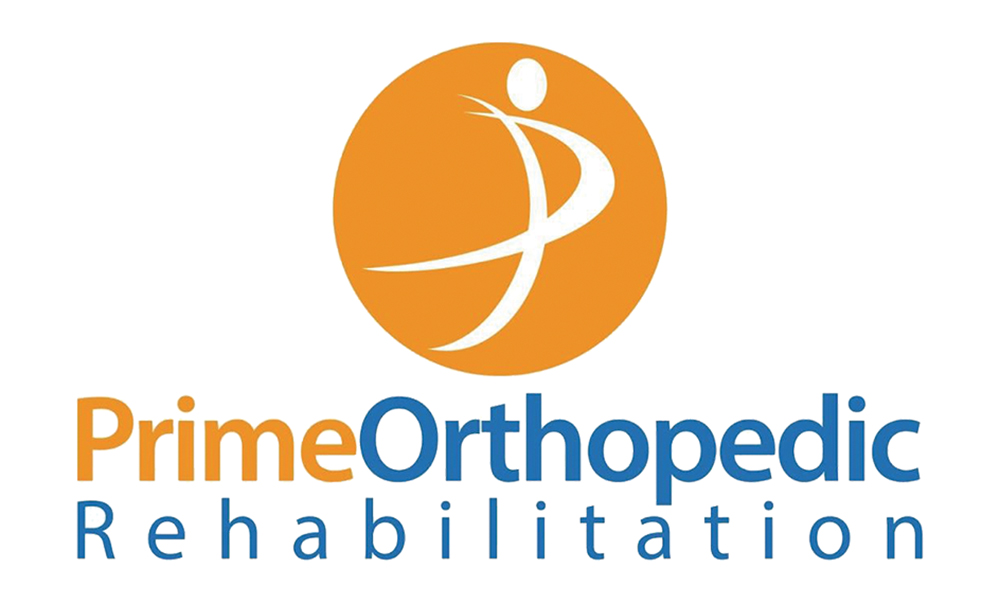
Physical and occupational therapy, PT and OT respectively, are crucial aspects of health care for seniors, especially those recovering from surgery, injury, or managing chronic conditions.
Traditionally, outpatient physical and occupational therapy is provided in clinical settings, but there is a growing trend towards providing these outpatient services in the comfort of the patient’s home. In-home services, though, are not just for individuals who have difficulty leaving the home. Many of our in-home patients have varying functional levels, ranging from difficulty with walking in their home to being completely independent, but choosing in-home for convenience reasons. One patient we treated this year hadn’t stepped out of his house in eight months because he was having difficulty with stairs and had no handrail to help him out the front door. Another individual who received services from us this year felt that her lifestyle was very busy and opted to receive services at home, in order to save time. Both patients made tremendous progress using various rehabilitative approaches focused on their individual goals.
One of the most significant benefits of seniors staying at home for physical or occupational therapy is the comfort and familiarity of their own space. Many seniors may feel anxious or uncomfortable in a clinical setting, which can hinder their progress. By receiving therapy services at home, seniors can feel more relaxed and at ease, which can lead to better outcomes.
In-home physical and occupational therapy allows for more personalized care. A physical or occupational therapist can assess the senior’s home environment and tailor their treatment plan to meet their specific needs and goals within their individual environments. This personalized approach can lead to more effective treatment, improved compliance with home exercise programs and ultimately better outcomes. The therapist can view how the patient negotiates obstacles in their own home, and the therapist can add into the program where a patient is having difficulty within their home setting to improve safety from falls.
For many seniors, traveling to a clinic can be challenging. It may require arranging transportation, which can be difficult for those with mobility issues, especially in icy winter months. In-home physical and occupational therapy eliminates the need for travel, making it more convenient for seniors to receive the care they need. Additionally, the in-home therapy sessions can be scheduled at a time that is convenient for both the senior and the therapist.
In-home PT and/or OT allows for greater family involvement in the care process as well. Family members or home health aides can observe the therapy sessions and learn how to assist the senior with their exercises and activities. This can help create a supportive environment that can enhance the senior’s progress.
Staying at home for therapy can help seniors maintain their independence. By receiving care in their own space, seniors can continue to perform daily tasks and activities, which can help them maintain their physical and mental well-being.
In-home physical and occupational therapy offers numerous benefits for seniors, including comfort, personalized care, convenience, increased independence and family involvement. By staying at home for therapy, seniors can receive the care they need in a familiar and supportive environment, leading to better outcomes and improved quality of life.
At Prime Orthopedic Rehabilitation, our trained physical and occupational therapists can come to your home or you can come to our Tenafly office to be evaluated and treated. We also offer hybrids of in-office and in-home treatments in the event that a home evaluation is needed. We will perform a comprehensive evaluation using specialized tests and measures, based on your symptoms or concerns. Each patient will receive an individually tailored physical
and/or occupational therapy program, which may include balance training, exercises and/or stretches. The therapist may use manual techniques such as myofascial release to decrease the soft tissue restrictions and improve movement and functional patterns to decrease the pain and improve mobility on the restricted joints. The therapist will also teach and educate each patient with appropriate exercises to perform regularly at home to help decrease pain on an ongoing basis.
Our in-home therapists bring various pieces of equipment with them in order to provide these services. Equipment may include a balance disc, dumbbells, ankle weights, or a therapy ball or in some cases a portable electrical stim or ultrasound unit when needed. It is important to note that every diagnosis can be treated in the home setting. There is no limitation.
If you are experiencing balance issues, post-surgical, joint replacement, aches, pains and stiffness or are recovering from an injury and would like help, please reach out to Prime Orthopedic Rehabilitation at (201) 503-7173 to schedule an appointment with one of our in-home or in-office therapists.
Jessica Lowy, DPT, CMTPT, DN, Mckenzie A-D, Advanced Schroth Therapist and Michal Porath, MPT, Mckenzie A-D, Advanced Schroth Therapist are owners of Prime Orthopedic Rehabilitation in Tenafly, NJ. They treat necks and backs in their clinic, in addition to general orthopedic and post surgical patients. Call (201) 503-7173 for an appointment.









